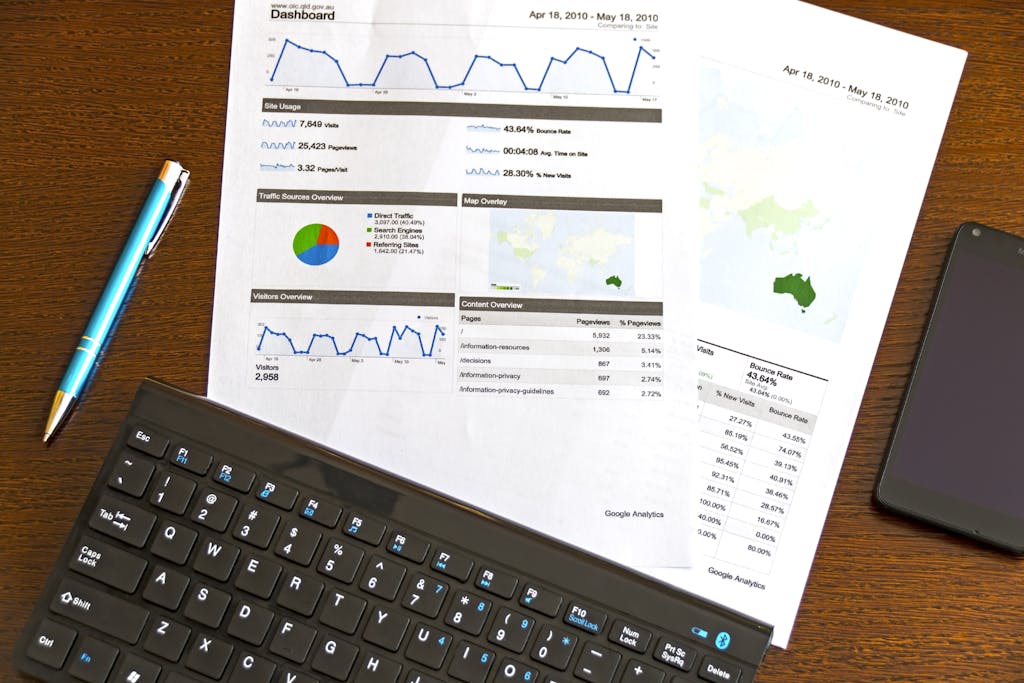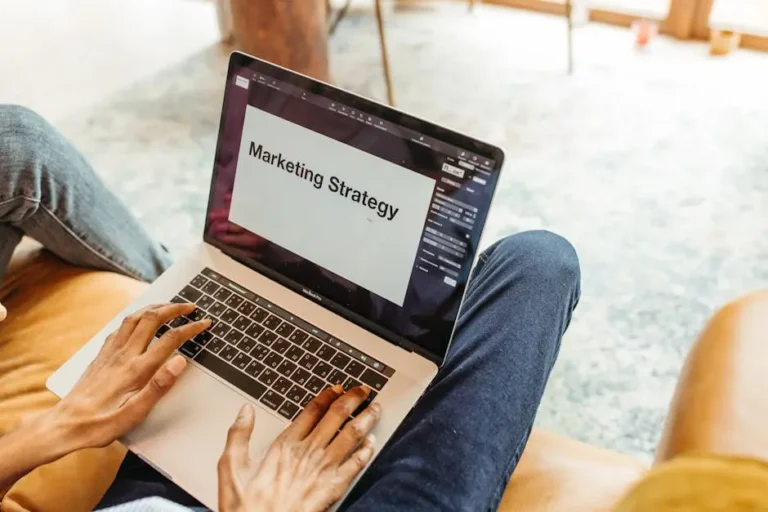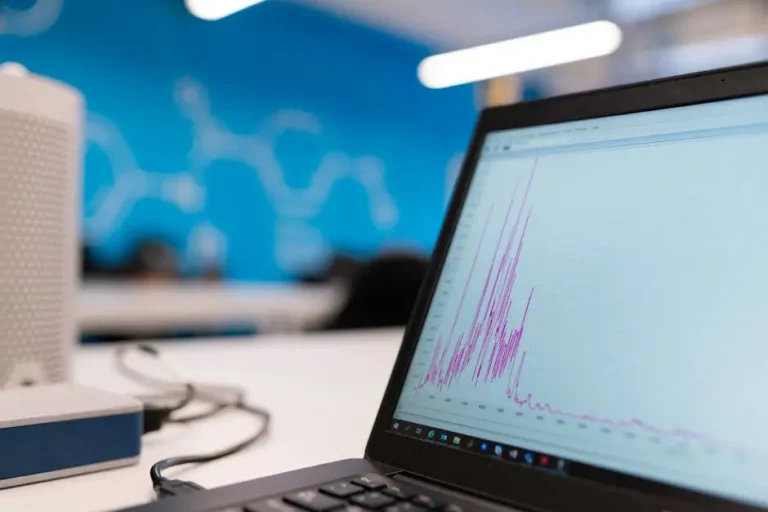Why Small Businesses Need Digital Marketing to Compete

Running a small business has never been easy. But in today’s digital-first world, it’s even harder to stand out. You’re no longer just competing with the shop down the street. You’re up against big-box brands, polished online businesses, and companies with full-time marketing teams and automated systems running in the background.
But here’s the truth: you don’t need a Fortune 500 budget to win. You need a clear strategy, a consistent online presence, and a system that works while you’re working. That’s where digital marketing levels the playing field. And for small business owners who want to grow without burning out, it’s no longer a nice-to-have. It’s a non-negotiable.
Why Digital Marketing Matters More Than Ever
Think about how your ideal customer makes a decision today. They Google. They scroll. They read reviews. They ask for referrals—but then they look you up online before reaching out. If your business isn’t showing up, you’re not even in the running.
Digital marketing helps you meet your audience where they are. It’s about more than just having a website. It’s about creating a digital footprint that builds trust, drives traffic, and converts leads. Even if your business runs on referrals, people still check your online presence before they book.
This isn’t about playing the game like big corporations. It’s about getting smarter with your time and tools. A strategic digital presence can help a small business look just as credible, trustworthy, and professional as any large competitor—and in many cases, even more relatable.
What Small Businesses Actually Need to Market Effectively
One of the biggest misconceptions is that you need a full-blown agency or a dozen tools to run effective marketing. That’s not true. Most small businesses need just a few things done consistently and correctly. You need:
- A clear offer that tells people exactly what you do and why it matters
- A simple but compelling lead generation system (like a landing page or quiz funnel)
- A follow-up system that builds trust over time
- And content that reinforces your credibility and keeps your brand top of mind
That’s it. When you stop trying to do everything and focus on doing the right things in the right order, your business starts to grow in a sustainable way.
The Problem with Traditional Marketing
Print ads, mailers, radio spots, and word of mouth – these tools have worked in the past and still hold value in certain industries. But they come with limitations. You can’t track ROI easily. You can’t follow up with leads automatically. And you can’t scale them without increasing your budget every time.
Digital marketing is different. You can set up systems that run even when you’re not working. You can collect data that tells you what’s working and what isn’t. You can create one email campaign and reuse it as needed. That’s leverage. And for a small business owner wearing multiple hats, leverage is everything.
The Power of Tools Like GHL
What often holds people back isn’t the strategy, it’s the tech. Too many small business owners are stuck duct-taping together ten different tools, wasting hours on setup, and wondering why leads are still falling through the cracks.
That’s where platforms like GHL (GoHighLevel) come in. GHL is like having an entire marketing department in one tool. It lets you:
- Build landing pages, opt-in forms, and lead magnets
- Automate email and SMS follow-up
- Book appointments, send reminders, and manage your CRM
- Track exactly what’s working and what’s not
When your tools talk to each other, your business runs smoothly. Once the system is set up for you, all you need to do is drive traffic and follow up.
The Digital Tactics That Actually Work
If you’re wondering where to start, here’s a simplified roadmap that works for service-based businesses:
First, create a lead magnet. This could be a guide, a checklist, a quiz, or a free consult. It should solve a real problem and be easy to consume. Your goal is to give value in exchange for contact info.
Next, build a funnel. A funnel isn’t a complicated website. It’s a series of pages that guide someone toward booking with you or buying. Your funnel should clearly explain the benefit of your service and end with a clear next step.
Then, write a nurture sequence. This is a set of emails (or texts) that educates, builds trust, and reminds your leads who you are and how you can help. GHL makes it easy to set this up once and run it forever.
Finally, show up consistently. Post content that educates, inspires, or invites people to take action. You don’t need to post every day. You just need to post with purpose. One strong post a week that connects with your audience is more valuable than ten filler posts.
Real Results from a Small Business
One of our clients, a service provider in a competitive industry, came to us with no online strategy. She had great word-of-mouth referrals but was ready to grow beyond her immediate network. We helped her:
- Clarify her messaging and niche
- Build a simple GHL funnel with a lead magnet and booking link
- Launch a small local ad campaign to test demand
- Set up an automated email follow-up sequence
Within 30 days, she doubled her leads. Within 60 days, she was booked out. She didn’t need a new logo. She didn’t need to be on every social media platform. She just needed a system.
How Digital Marketing Levels the Playing Field
What used to cost tens of thousands of dollars can now be done with a fraction of the investment. Tools are cheaper. Campaigns are smarter. And with platforms like GHL, execution is easier than ever.
More importantly, digital marketing gives small business owners something priceless: control. You’re no longer waiting for a referral or hoping someone finds your flyer. You can drive traffic, test messaging, and scale up whenever you’re ready.
You also get data. You know where your leads are coming from, what content converts, and what part of your funnel needs fixing. That means you make decisions based on facts—not guesswork.
What to Avoid
While digital marketing is powerful, it’s easy to get distracted. Here’s what to watch out for:
- Don’t focus on tactics without strategy. Jumping on trends without a plan burns time and money.
- Don’t chase vanity metrics. Likes don’t pay the bills. Track leads and conversions.
- Don’t pay for systems you don’t understand. Make sure your marketing setup is simple enough to use and maintain.
And most of all, don’t wait until your business is “ready” to market. Marketing makes your business ready. It brings the audience. It builds the interest. It opens the doors.
Final Word: Small Businesses Can Absolutely Win in the Digital World
Digital marketing is not about complexity. It’s about consistency. It’s about showing up with a clear message, a strong system, and a way to follow up.
If you’re a small business owner trying to grow, your next best move isn’t to do more. It’s to do the right things in the right order. That’s how you go from invisible to in-demand.
And if you’re ready to make that shift, we’re here to help.
Explore Coaching with Lisa Benson
Book a Clarity Call
Start with the 9-Line Business Roadmap






